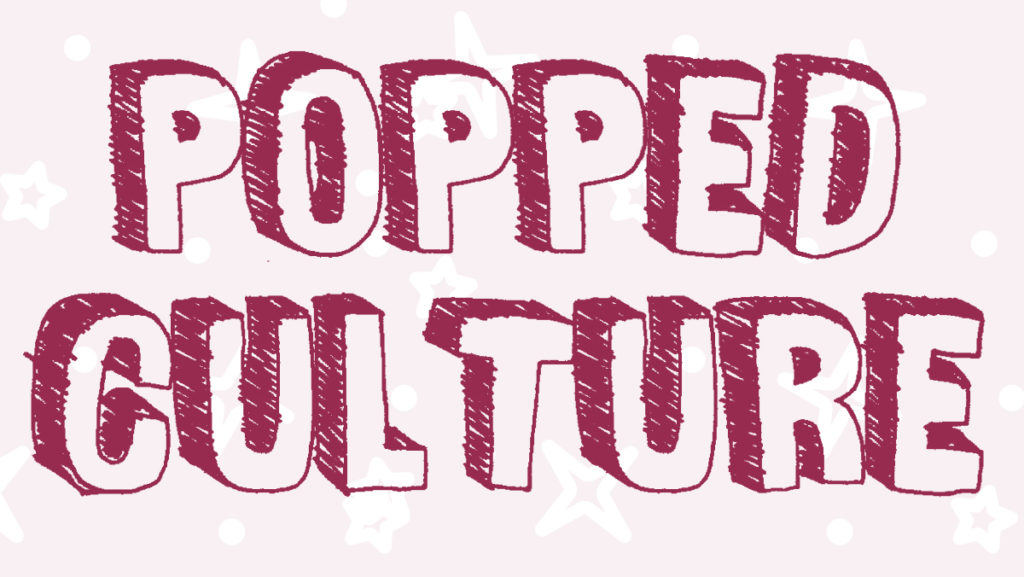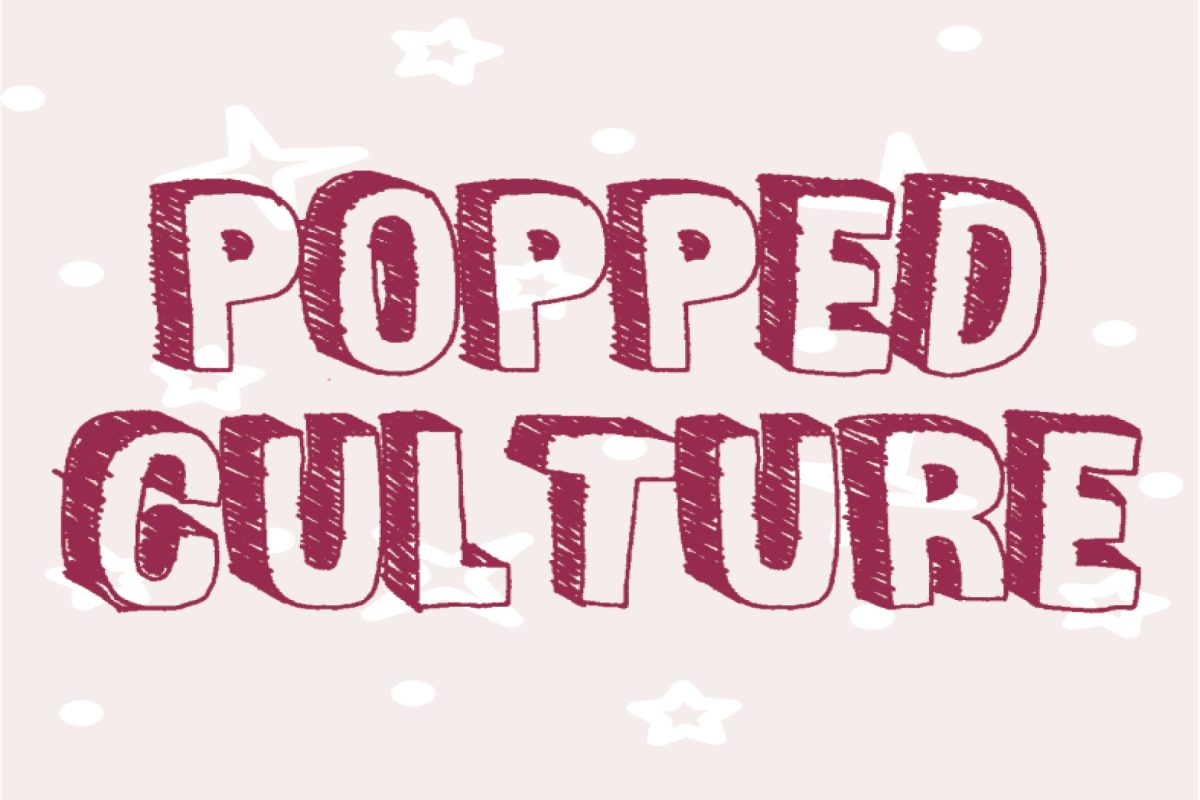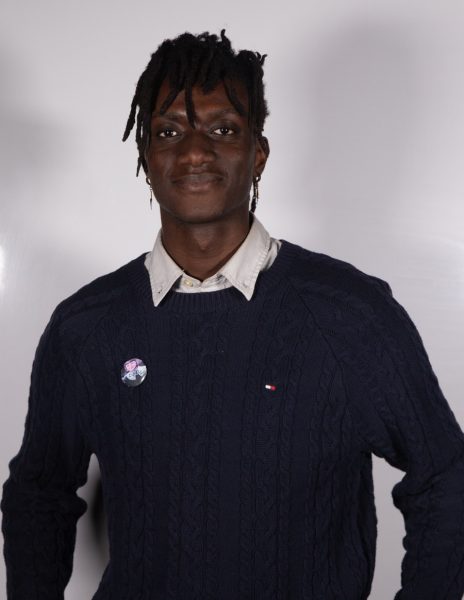The relationship between a parent and their children is widely seen as a complex, sacred connection. Understanding the ways in which social media can be harmful to someone, especially someone at a young age, can be important, more so if there is any level of celebrity status involved.
The parasocial relationships between celebrities and social media has allowed many fans of these celebrities to more readily be able to closely watch the lives of artists, whether these artists are acting in films, making or performing music or taking part in events on video platforms. In some cases, this can allow artists to build a stronger sense of community with their fans, and in others, it can become destructive and leave no room for privacy. There are celebrities who are careful with this and keep their personal life separate from their work, and others who have indulged in this relationship in ways that can potentially be harmful to their children.
In 2018, Drake released the song “Emotionless” off of the album “Scorpion” which was backed by controversy of fans learning that he had had a son, Adonis. In the song, he states “I wasn’t hidin’ my kid from the world, I was hidin’ the world from my kid,” stating that he wished to not have his son in the media at such an early age. In October of 2023, Drake released the song “Daylight” which features his son Adonis in the latter half of the song. At the time of “Emotionless,” Adonis was under one year old and now with the release of “Daylight,” he is six years old.
It could be said that this is Drake showing his love and care for his son, but the inclusion of his son on the album does not consider the potential harm this can have for a six-year-old child as he continues to grow up, whether that’s cyberbullying or harassment from strangers and peers. Drake is no stranger to the dangers of social media, considering he is often finding himself in controversy, but to expose his son in a way that is very permanent both online and physically shows little care for his son’s digital footprint.
Drake is not the only celebrity who has allowed their child to be in the media in increasingly public manners; more recently Kanye West and Kim Kardashian have done the same with their child, North West. North was recently featured on the song “TALKING” off of Kanye’s album “VULTURES 1” and shares a TikTok page with Kim that has 18.8 million followers. Many developers and owners of social media apps struggle with creating a safe level of commentary and conversation within their applications to combat issues like cyberbullying and privacy concerns. To allow a 10-year-old to have a widely visible account on social media can lead to issues, as they are able to interact with people on social media who oftentimes do not consider the content they’re viewing as a person, but rather a form of entertainment.
Jay-Z and Beyonce have shown throughout their career a level of care and consideration for their daughter Blue Ivy as well as their twin six-year-olds Rumi and Sir, who have not been in the media in grand ways. Besides pictures and events that they have been present for with their parents, there has been no usage of social media from Blue Ivy or showcasing of Rumi and Sir that have been publicized to the same extent as other comparable children of celebrities. Fans of Jay-Z and Beyonce know of their children but are not able to readily engage with them over social media. Notably, Blue Ivy has performed in events with Beyonce, as well as having writer credits on “Brown Skin Girl.” Rumi and Sir Carter have had less presence in the media.
While there is a level of criticism to be held for the celebrities who allow this level of internet exposure, there is also the criticism to hold against those who feed into it and see it as something to simply “adore” or watch and take part in. Media literacy has begun to hold a large amount of importance in how people interact on social media and the earlier that it’s taught to any child, celebrity or not, could be beneficial in protecting their privacy as well as mental health. In social media, the example is often set by those who have larger followings, and to understand the platform one has is a good way to teach not only the children who look up to them, but also the people who follow them.










